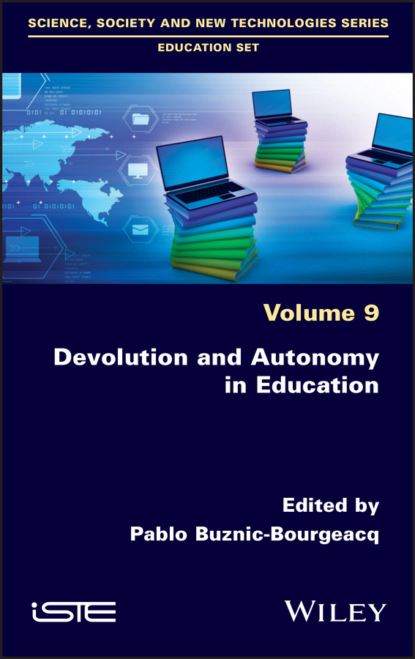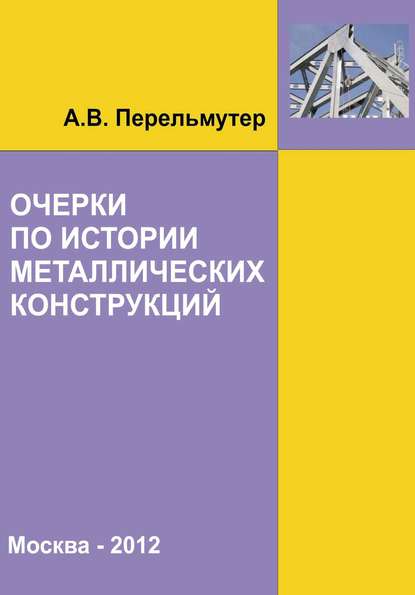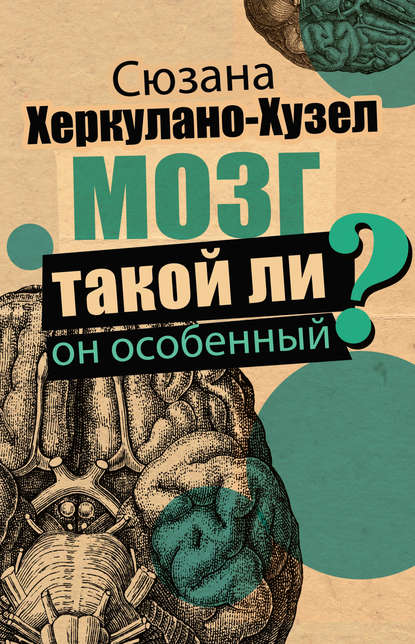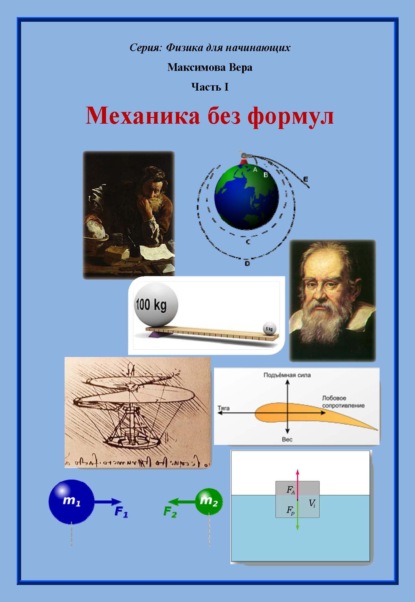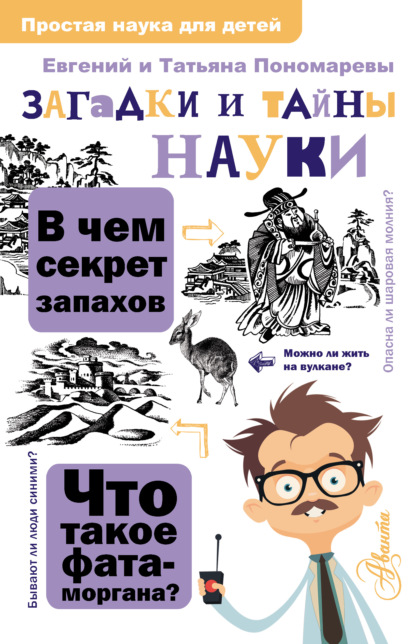Devolution and autonomy in education is a book written by a group of authors that aims to explore the relationship between devolution (the transfer of responsibility to students) and autonomy (the opportunity to make choices and take control of their learning process). The book presents a challenge to the concept of "devolution" that was introduced in education in the early 1980's and shaped by disciplinary ideas. "Devolution," according to Brousseault, occurs when a student is given responsibility over a specific learning task, and the teacher takes a supportive role rather than being solely responsible for the success of this task.
This book takes a diverse approach to devolution by examining the effects of this phenomenon in different fields including mathematics, foreign language, physical education and life science, as well as in teaching, training and facilitation courses. While it focuses primarily on the
Авторы затрагивают многообразие аспектов обучения в различных дисциплинах - математике, французском языке, физической культуре, науках о жизни, цифровых обучающих средах и игровой деятельности.
Электронная Книга «Devolution and Autonomy in Education» написана автором Группа авторов в году.
Минимальный возраст читателя: 0
Язык: Английский
ISBN: 9781119851332
Описание книги от Группа авторов
Allowing learners to take some responsibility may seem obvious yet what is actually afforded to them, and how this process works, remains difficult to grasp. It is therefore essential to study the real objects of devolution and the roles played by the subjects involved. Devolution and Autonomy in Education questions the concept of devolution, introduced into the field of education in the 1980s from disciplinary didactics, and described in Guy Brousseau’s Theory of Didactical Situations in Mathematics as: the <i>act by which the teacher makes the student take responsibility for a learning situation (adidactic) or problem and accepts the consequences of this transfer.</i><br /><br />The book revisits this concept through a variety of subject areas (mathematics, French, physical education, life sciences, digital learning, play) and educational domains (teaching, training, facilitation). Using these intersecting perspectives, this book also examines the purpose and timeline of the core process for thinking about autonomy and empowerment in education.
